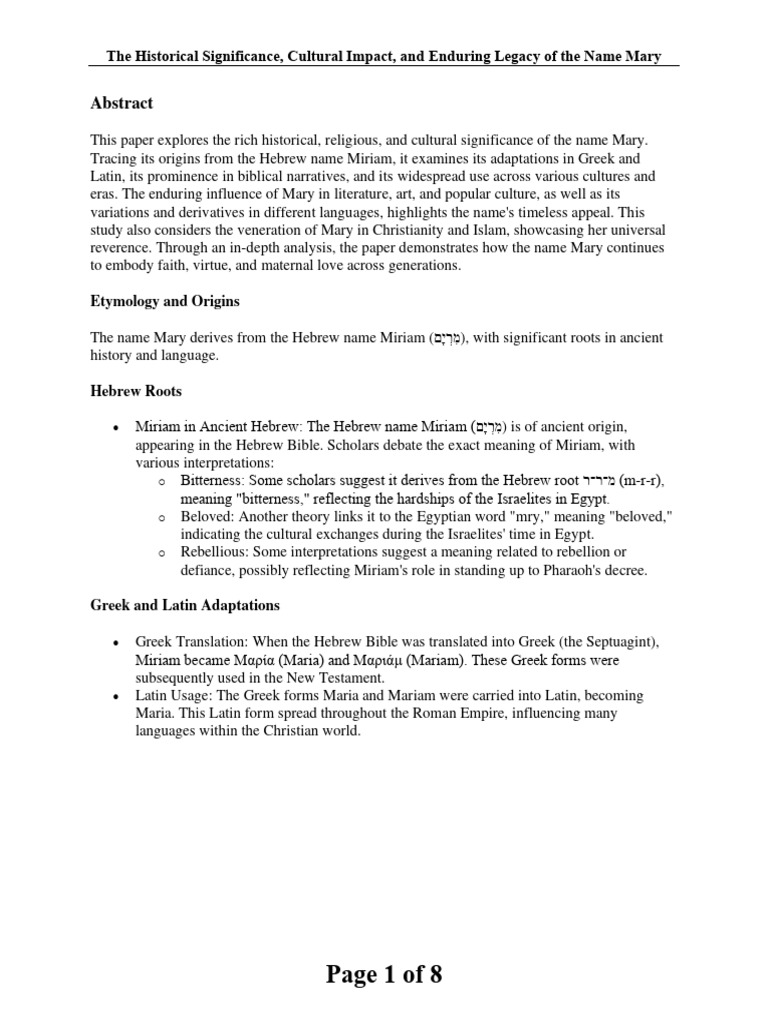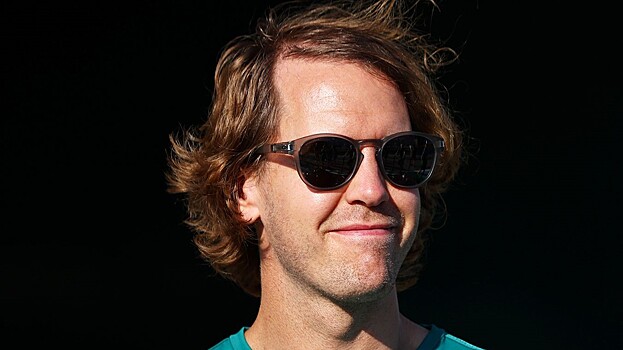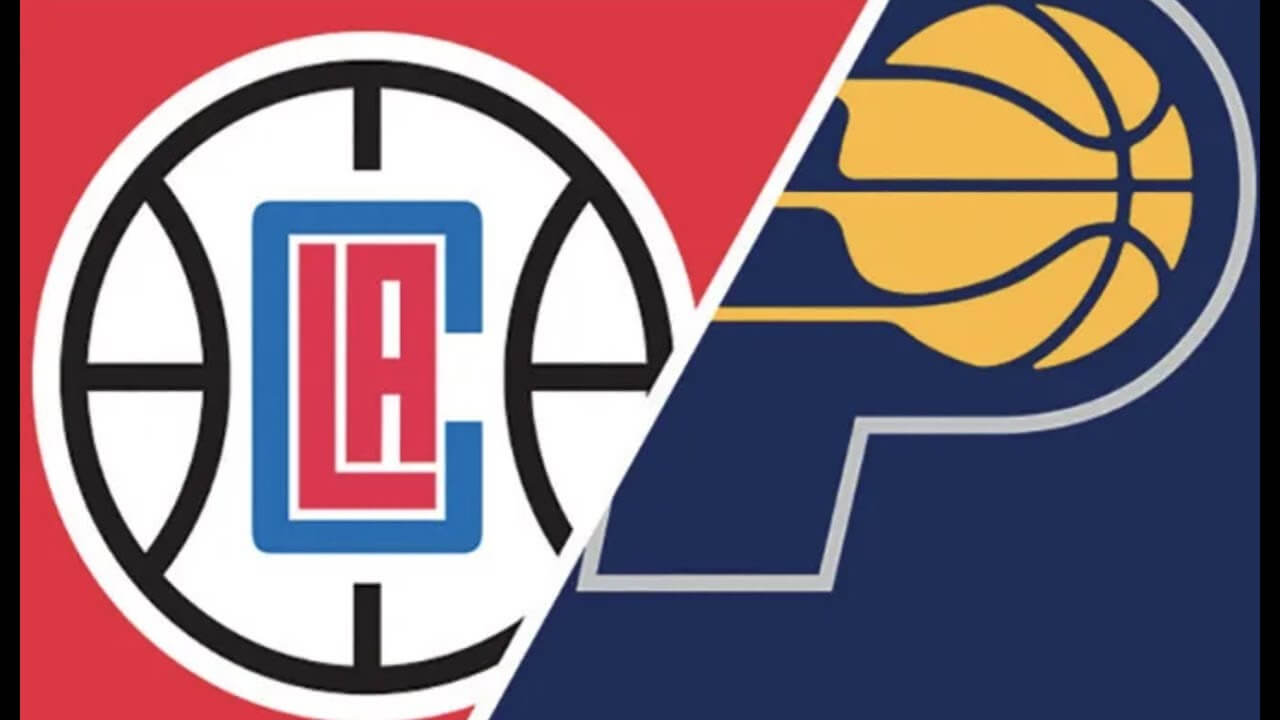The Karate Kid: Exploring Themes Of Mentorship And Self-Discovery

Table of Contents
Mr. Miyagi: The Masterful Mentor Figure
Mr. Miyagi is more than just a karate instructor; he's a masterfully crafted mentor figure who embodies patience, wisdom, and unwavering belief in his student. His unique approach to teaching extends far beyond the physical techniques of karate, offering invaluable life lessons that resonate deeply with audiences.
Beyond Karate: Teaching Life Lessons
Miyagi's unconventional teaching methods are a key element of his mentorship. He doesn't simply instruct Daniel in karate moves; he teaches him life skills through seemingly mundane tasks.
- Miyagi's unconventional methods: The famous "wax on, wax off" exercise, alongside painting the fence and sanding the floor, are not arbitrary tasks. They subtly instill discipline, patience, and focus—essential components of both karate and life itself. These seemingly simple acts build hand-eye coordination, muscle memory, and importantly, mental fortitude.
- The importance of trust: The foundation of their relationship is built on trust. Miyagi’s quiet confidence and unwavering belief in Daniel, even when Daniel doubts himself, fosters a safe space for learning and growth. This trust allows Daniel to open up and accept Miyagi's guidance, ultimately leading to his transformation.
- Examples from the film: Numerous scenes exemplify Miyagi's wisdom. His calm demeanor during stressful situations, his insightful pronouncements ("Balance is important," "For a long time, you've been living with fear."), and his ability to see beyond Daniel's immediate anxieties all contribute to his effectiveness as a mentor. The crane kick, the culmination of Miyagi's training, becomes a symbol of Daniel's hard work and self-belief.
The Power of a Positive Role Model
Before encountering Mr. Miyagi, Daniel was vulnerable and lacked positive guidance. He was bullied relentlessly, lacking the confidence and resilience to stand up for himself. Miyagi provides a stark contrast to these negative influences.
- Contrast with Daniel's previous influences: The Cobra Kai dojo, with its aggressive and disrespectful training methods, represents the antithesis of Miyagi's approach. This contrast highlights the importance of finding a positive role model who fosters respect and self-improvement.
- The impact of mentorship on Daniel's character: Miyagi's guidance instills confidence, discipline, and a strong moral compass in Daniel. He learns to control his anger, to persevere through adversity, and to find inner peace. The shy, insecure boy at the beginning of the film transforms into a resilient and confident young man.
- The lasting legacy of Miyagi's mentorship: The impact of Miyagi's mentorship extends far beyond the karate tournament. It equips Daniel with the tools he needs to navigate life's challenges with grace, resilience, and a strong sense of self. The film suggests that this mentorship shapes Daniel's character throughout his life.
Daniel LaRusso's Journey of Self-Discovery
Daniel's journey is a powerful illustration of self-discovery. Facing adversity, he learns to rely on his inner strength and ultimately achieves self-acceptance.
Overcoming Challenges and Building Confidence
Daniel's path to self-discovery is fraught with challenges, forcing him to confront his fears and insecurities.
- Facing adversity: From the relentless bullying of the Cobra Kai gang to the pressure of the All-Valley Karate Tournament, Daniel faces numerous obstacles that test his resilience. Each challenge represents an opportunity for growth.
- Developing self-reliance: Through his training with Miyagi, Daniel learns to rely on his own abilities and inner strength. He discovers a hidden wellspring of determination and perseverance that he never knew existed.
- The transformation from victim to victor: Daniel's transformation is remarkable. He evolves from a vulnerable victim, constantly being pushed around, to a confident young man capable of defending himself and achieving his goals. This transformation highlights the transformative power of self-discovery.
Finding Inner Peace and Self-Acceptance
Karate training, under Miyagi's guidance, becomes a vehicle for Daniel's self-discovery. It's not just about physical prowess; it's about cultivating inner peace and self-acceptance.
- The importance of mindfulness: Miyagi emphasizes mindfulness and self-awareness, teaching Daniel to control his emotions and focus his energy. These elements are integral to his karate training and contribute to his overall personal development.
- Learning to control emotions: Daniel initially struggles to control his anger and fear, but through training and Miyagi's guidance, he learns to manage these emotions effectively. This control becomes crucial in overcoming his challenges.
- The acceptance of self: By the end of the film, Daniel accepts himself for who he is – strengths and weaknesses alike. He finds confidence not in perfection, but in his unwavering spirit and ability to overcome obstacles.
The Symbiotic Relationship Between Mentorship and Self-Discovery
The film beautifully illustrates the symbiotic relationship between mentorship and self-discovery. Miyagi's guidance is instrumental in Daniel's growth, but Daniel's progress also informs Miyagi's teaching methods.
How Miyagi's guidance facilitates Daniel's growth
Miyagi employs a variety of teaching methods, each contributing to Daniel's self-discovery.
- Direct instruction vs. indirect lessons: Miyagi expertly balances direct instruction on karate techniques with indirect lessons about life, discipline, and perseverance. The effectiveness of both approaches is clearly demonstrated throughout the film.
- The role of challenges in self-discovery: Miyagi purposefully uses challenges to push Daniel to his limits. These challenges, while difficult, serve as essential catalysts for Daniel’s growth and self-discovery.
- The cyclical nature of mentorship and self-discovery: Miyagi adapts his teaching style based on Daniel's progress, creating a dynamic and evolving relationship. This mutual influence underscores the symbiotic nature of mentorship and self-discovery.
Reflecting on the Enduring Lessons of The Karate Kid
The Karate Kid remains a powerful and enduring film because it captures the universal themes of mentorship and self-discovery. The relationship between Mr. Miyagi and Daniel LaRusso exemplifies the transformative power of guidance, patience, and unwavering belief in oneself. Mr. Miyagi's mentorship is not just about teaching karate; it’s about fostering resilience, cultivating inner peace, and empowering Daniel to become the best version of himself. This resonates deeply because these are universal needs and aspirations.
What lessons from The Karate Kid's exploration of mentorship and self-discovery resonate most with you? Share your thoughts in the comments below!

Featured Posts
-
 The Karate Kids Enduring Legacy Impact And Cultural Significance
May 07, 2025
The Karate Kids Enduring Legacy Impact And Cultural Significance
May 07, 2025 -
 Steph Currys All Star Game Triumph A Winning Performance In A Weak Format
May 07, 2025
Steph Currys All Star Game Triumph A Winning Performance In A Weak Format
May 07, 2025 -
 Ovechkin V Dinamo Podrobnosti O Vozmozhnom Vozvraschenii
May 07, 2025
Ovechkin V Dinamo Podrobnosti O Vozmozhnom Vozvraschenii
May 07, 2025 -
 Mapping The Nations Hottest New Business Locations
May 07, 2025
Mapping The Nations Hottest New Business Locations
May 07, 2025 -
 Cavaliers Vs Pacers Nba Game Prediction Betting Odds And Picks
May 07, 2025
Cavaliers Vs Pacers Nba Game Prediction Betting Odds And Picks
May 07, 2025
